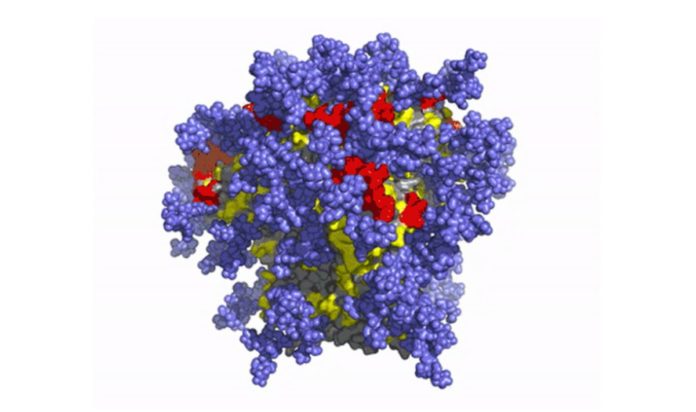The study authors believe that bnAb antibodies could be used against other complex pathogens such as influenza, Zika virus, dengue fever, hepatitis C, and so on.
Scientists have completed the first phase of clinical trials of a vaccine against human immunodeficiency virus (HIV). The research results showed that the drug stimulated the production of the rarest immune cells in volunteers, which trigger the production of broad-spectrum antibodies that supposedly successfully suppress the virus.
- Does This Mean We Stopped Being Animal and Started Being Human Due to ‘Copy Paste’ Errors?
- The One Lifestyle Choice That Could Reduce Your Heart Disease Risk By More Than 22%
- Aging: This Is What Happens Inside Your Body Right After Exercise
- Immune-Boosting Drink that Mimics Fasting to Reduce Fat – Scientists ‘Were Surprised’ By New Findings
- Gun Violence in America: What They Don’t Talk About at the Debate
This was announced in a press release from the Scripps Research Medical Center and International AIDS Society HIV Research for Prevention (HIVR4P).
Broadly neutralizing antibodies (bnAb) attach to the spikes of HIV particles (these spikes are made up of proteins that are “armor” from the immune system) and disable them. Such antibodies target hard-to-reach areas on the surface of particles – those that do not mutate so strongly and quickly, and therefore, plus or minus are the same in all variants of HIV.
As the scientists note, an immune response with bnAb was found in 97% of Phase I participants who were vaccinated in the United States. A total of 48 healthy adult volunteers were recruited: they received either a placebo or two doses of eOD-GT8 60mer along with an adjuvant (immune response enhancer) from GSK.
The study authors believe that bnAb antibodies could be used against other complex pathogens such as influenza, Zika virus, dengue fever, hepatitis C, and so on.
The developers plan to join forces with biotech company Moderna to develop an mRNA-based vaccine that could significantly accelerate the pace of such a drug.
The Bill & Melinda Gates Foundation, the government of the Netherlands, the United States and several research institutes around the world are also involved in the AIDS vaccine project.
